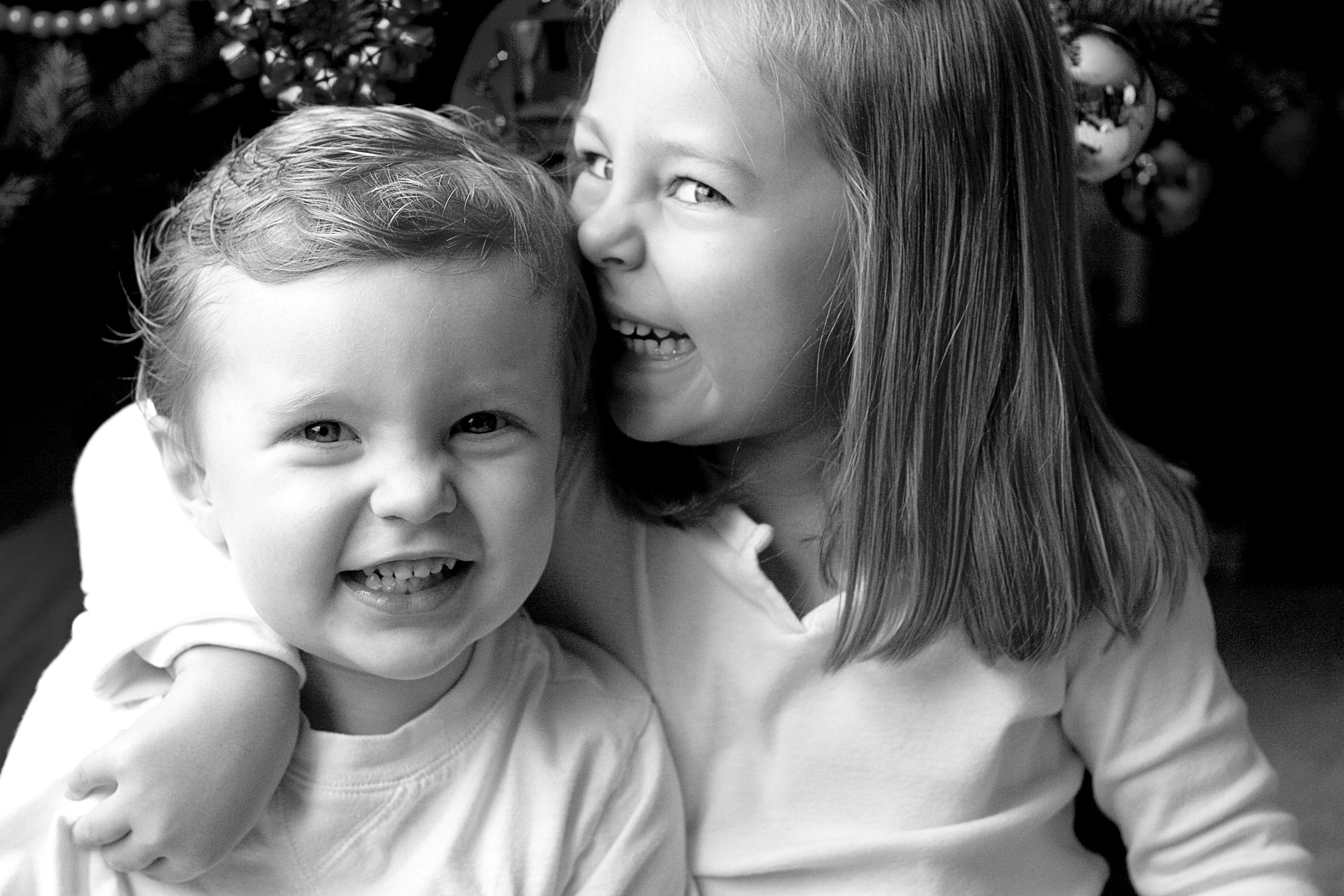A Parent’s Guide to Managing Sibling Rivalry
By: Rochelle Perper, Ph.D. | March 18, 2016

When parents decide to have more than one child, it usually involves a fantasy about a perfect relationship between siblings. The reality is that sibling rivalry exists to some degree in virtually every family in which there is more than one child. It’s completely normal for siblings to have a natural rivalry. Siblings clash and it’s a normal part of every family life. The extent of the rivalry is influenced by many factors including the child’s personality that they were born with, their position in the family, gender and age.
Rivalry between siblings most commonly originates from the perceived need to compete for resources in the home, including a parent’s love, time, attention and approval. It’s normal for children to want the most important people in their lives – their parents – to focus attention exclusively on them, and they may see their siblings as having the potential to take that away from them.
Many parents feel that in order to be fair they must treat their children equally. It’s simply not possible and it can detract from the special and unique relationship that each child has with his or her parent. Instead of focusing on what is “fair,” parents can focus on each child’s unique abilities, talents and personality. And, it is important not to fall victim to the “it’s not fair” defense!
Here are some helpful tips for parents to help manage sibling rivalry:
Don’t make comparisons
It’s easy to compare one child to another, even when we don’t realize it. For example, you might have caught yourself saying “Math was never a problem for your sister” or “You’re a much better athlete than your brother.” Even if you are making positive comparisons, children who are often compared in a favorable light may feel pressure to always “be good” and may worry about losing their parent’s favor. Instead of making comparisons, each child in the family should be given his or her own goals and levels of expectation that relate only to them. When addressing a problem area, make an observation specific to that situation and to that child.
Allow expressions of anger
When a child says, “I hate my brother,” parents are often quick to rebut it with something like, “No, you love your sister!” Failing to acknowledge how the child feels can result in the child feeling misunderstood. Further, children need to learn that anger is a natural emotion, and that it’s perfectly normal for siblings to get upset and angry at one another. Parents can help children by identifying the feeling (“I see that you feel angry.”) while providing validation to why he or she might feel that way (“It must be hard when your brother won’t leave your things alone.”) Once your child feels heard, you can offer positive outlets for anger and encourage them to express anger in a healthy way.
Focus on treating each child uniquely rather than equally
Many parents feel pressured to treat their children equally. This can result in parents going to lengths to ensure that everything is exactly equal between the children. Rather than focusing on equity, focus instead on the unique needs of each child and the situation.
Set limits
Feelings and actions are not synonymous. It may be normal for an older sibling to want to hit the new baby on the head, but parents must help children understand that this type of behavior is not tolerated and enforce natural consequences.
Promote problem solving
When possible, let siblings settle their own differences. There are times when parents need to step in and mediate, especially when rules are broken (like hitting or using bad language). Parents can help teach children how to resolve conflicts on their own by offering alternative solutions. For example, if one child grabs the other’s toy, the options are: a) each could take turns playing with it, b) the child finds a second toy, or c) the children agree to play together. To learn more, read our blog article 8 Steps to Help Your Child Learn Problem Solving Skills.
Spend quality time with each child
While there’s no easy fix for sibling rivalry, spending individual attention with each child can help. This time is very precious in order to get to know the child as an individual and an opportunity for the child to get to know each parent individually as well. By nurturing this attachment, children begin to feel more of a sense of belonging in the family system.
Sibling rivalry isn’t necessarily a bad thing. In fact, conflicts between siblings help children develop important life skills including how to understand emotions, how to make good choices, find workable solutions, how to share and how to forgive. If you are concerned about the extent of the sibling rivalry in your family, or see an escalation in sibling rivalry, therapy can help. Your child therapist can help identify any issues that may be underlying the rivalry such as impulse control problems or anxiety, and help children and parents develop skills and learn strategies for conflict management, frustration tolerance, good coping, self-control and emotion management. For more information about therapy for children, please visit our Child Therapy page, or call us at 619-275-2286.
Image: photosavvy on flickr and reproduced under Creative Commons 2.0



